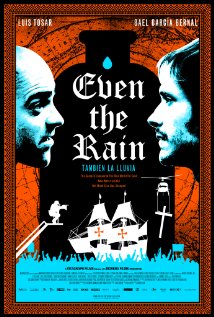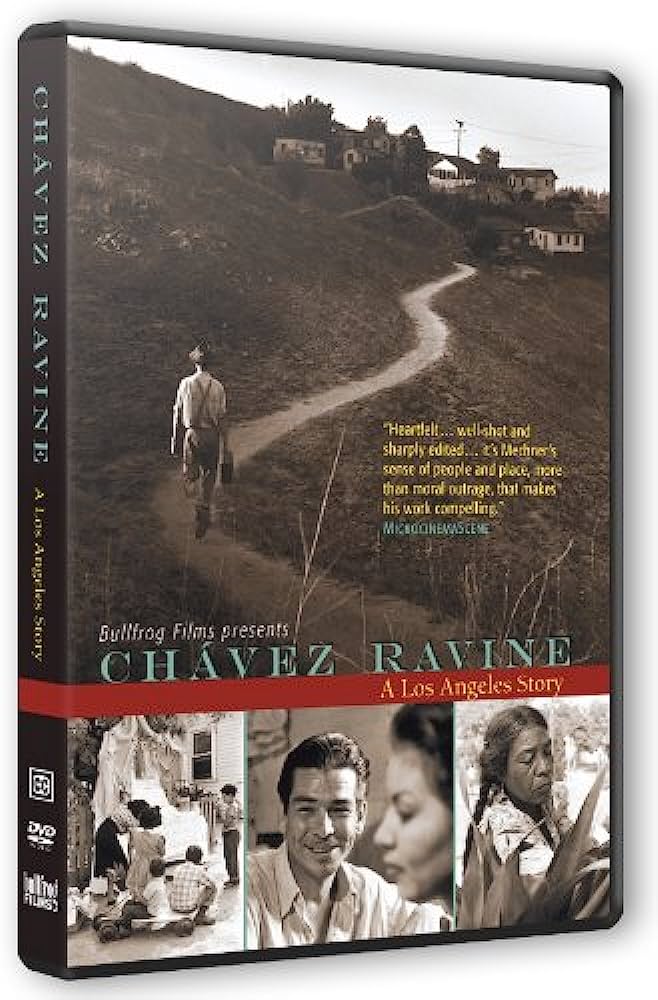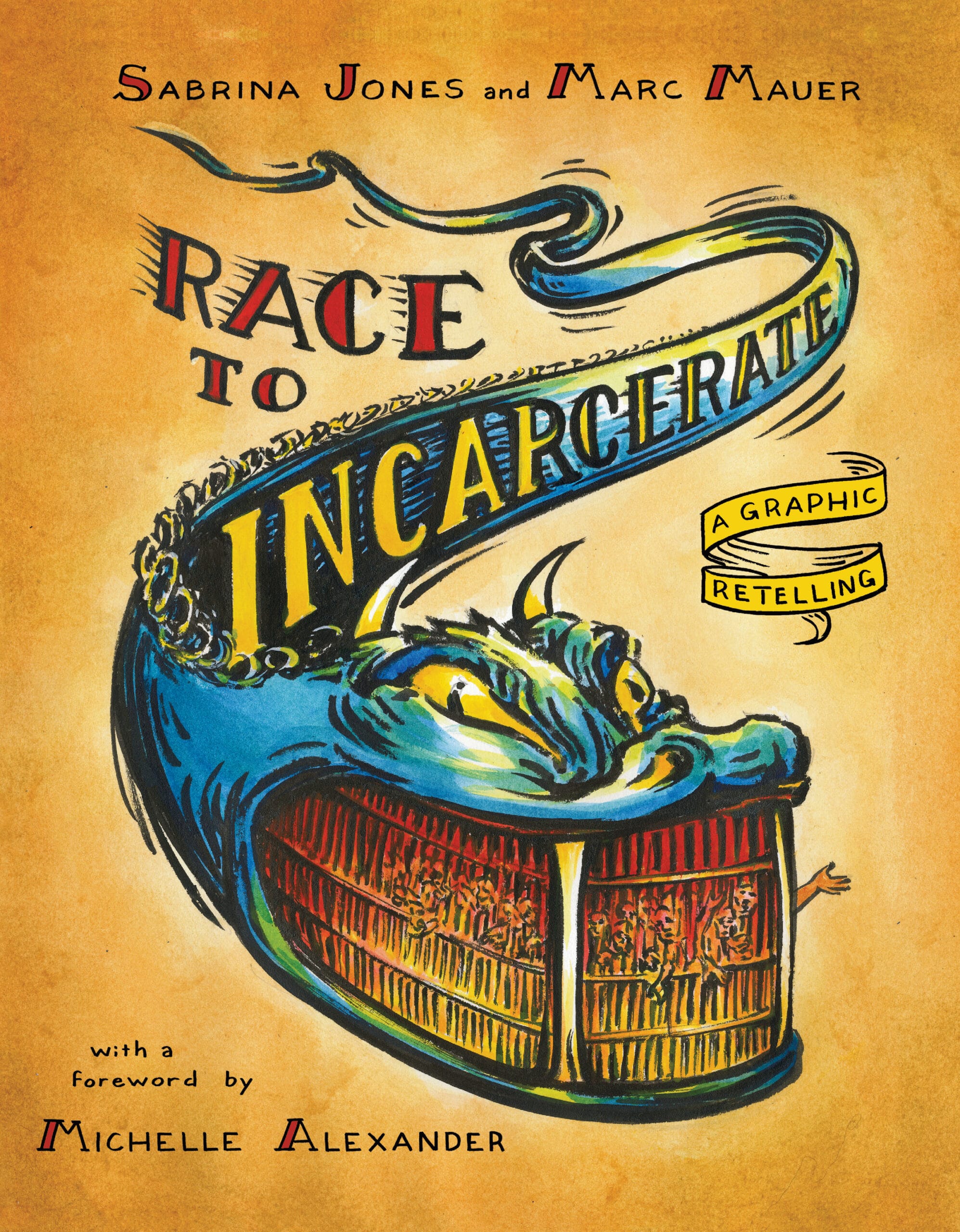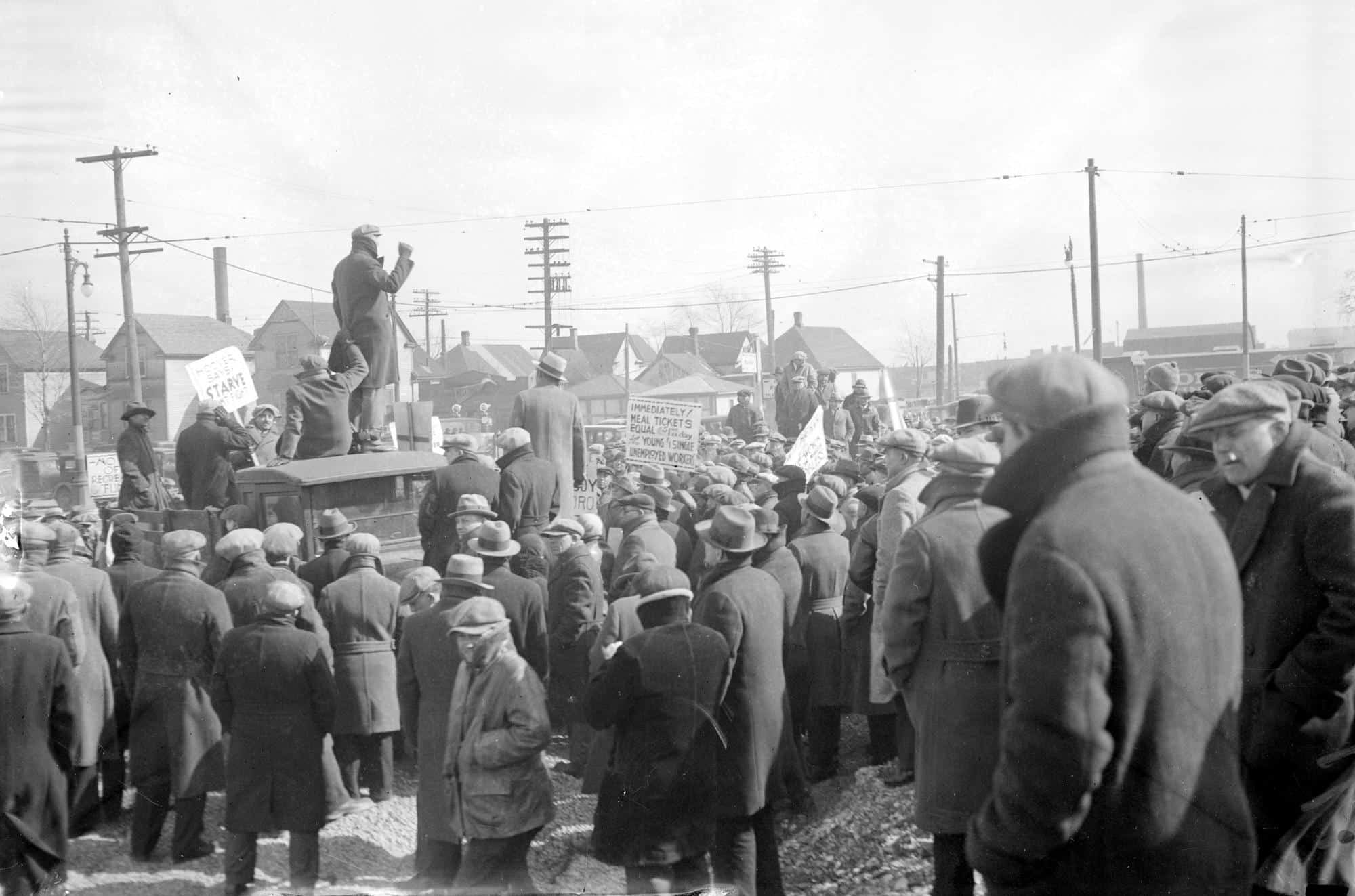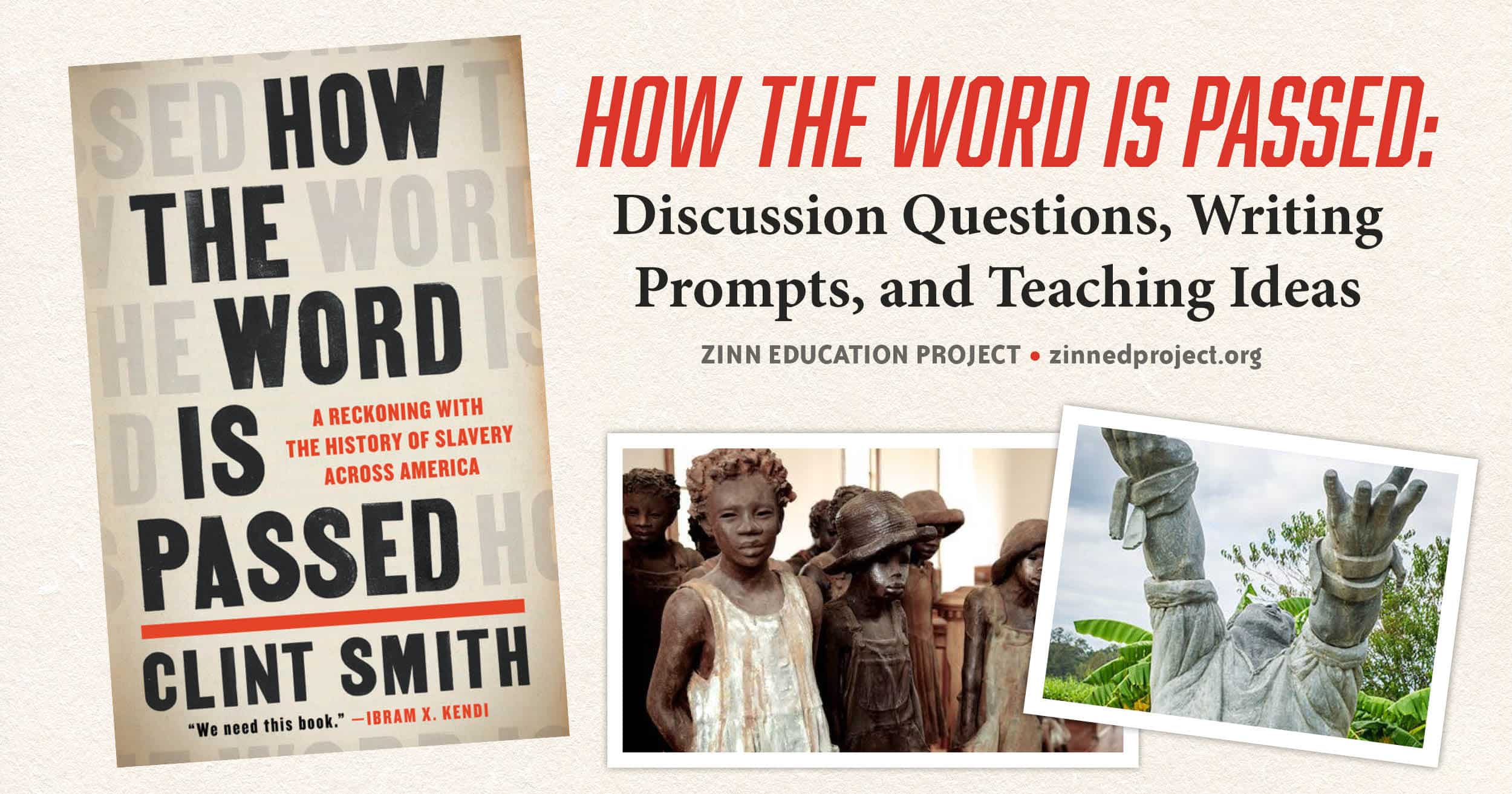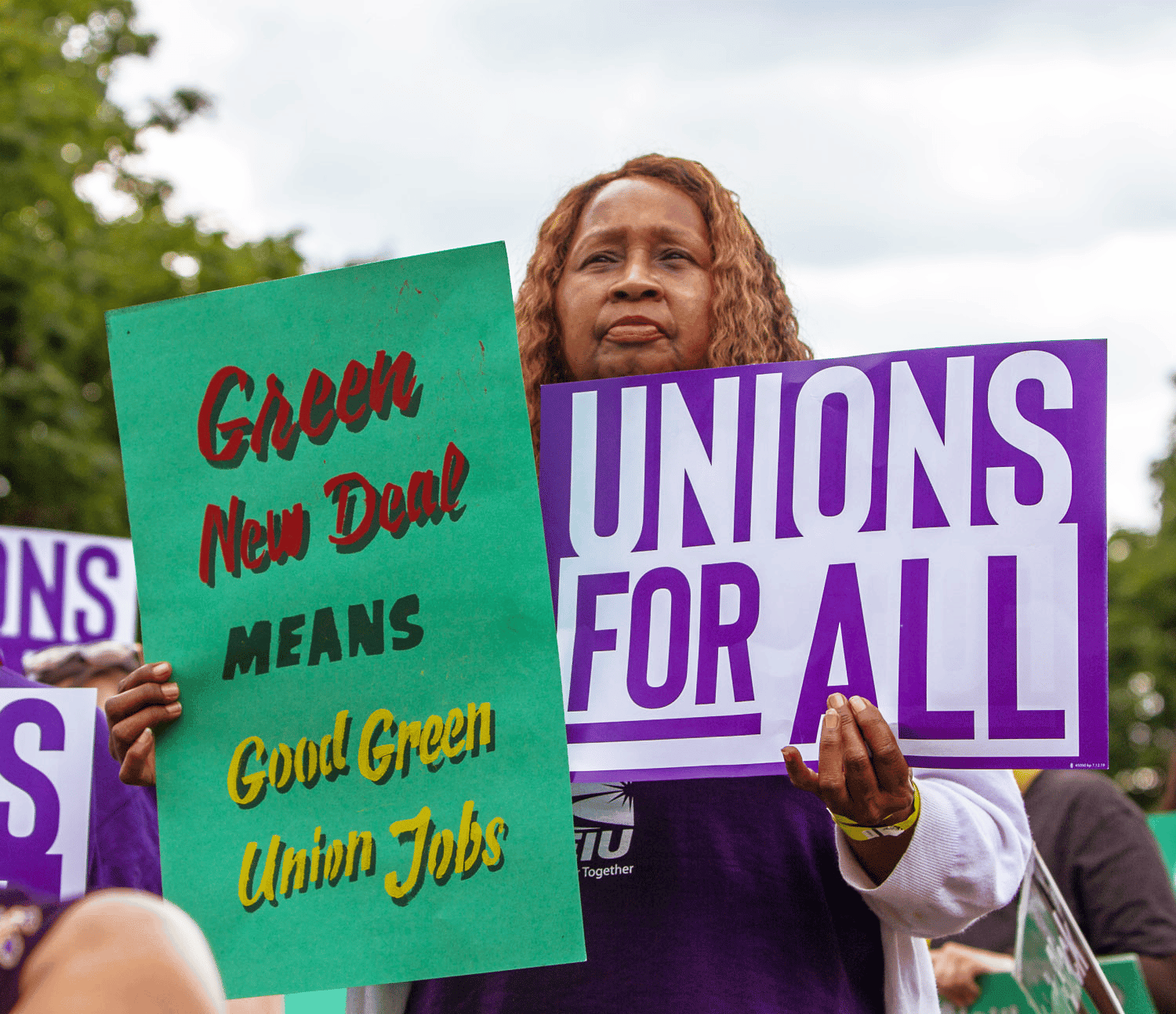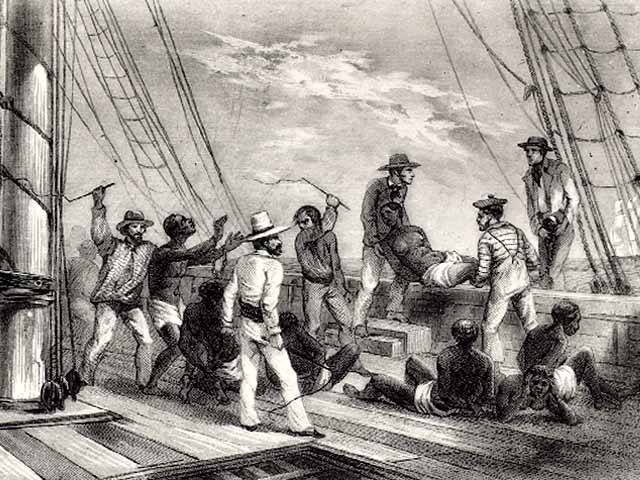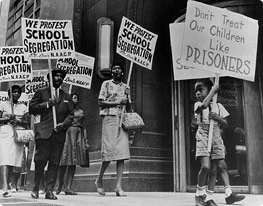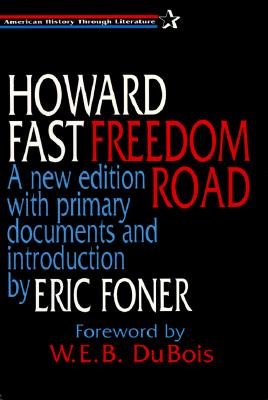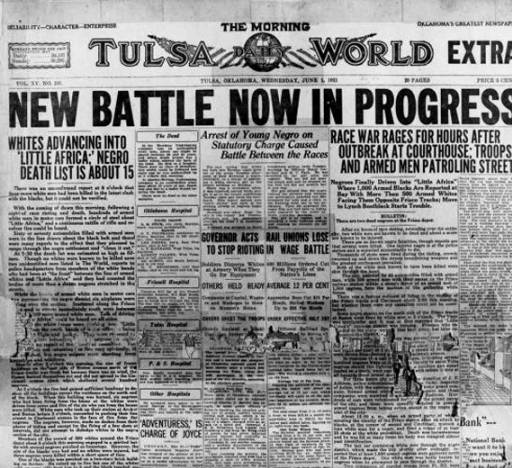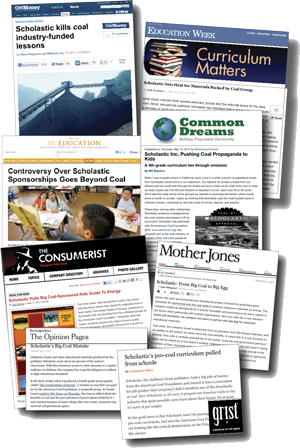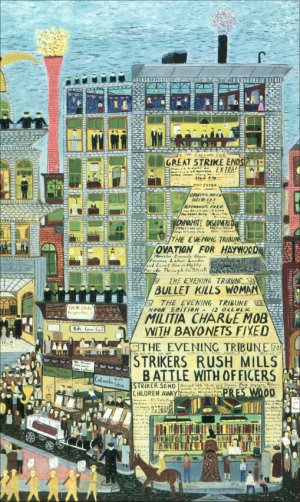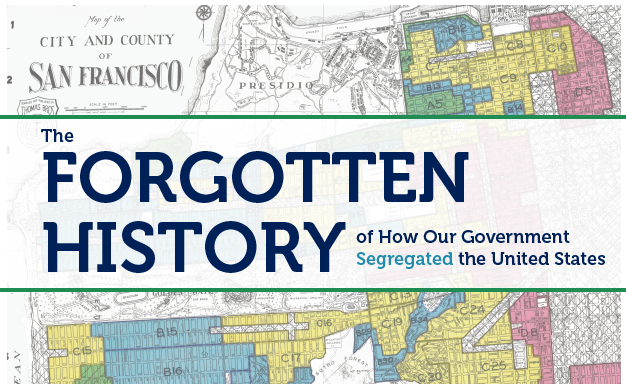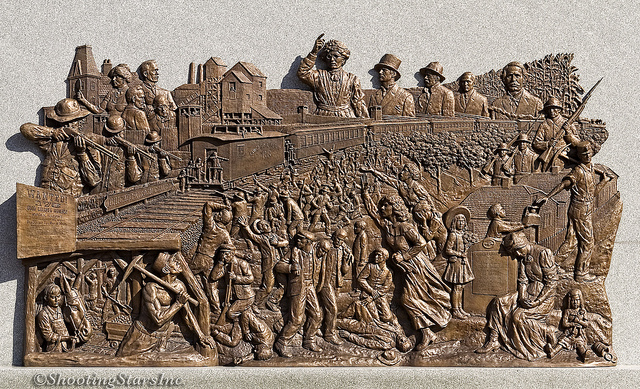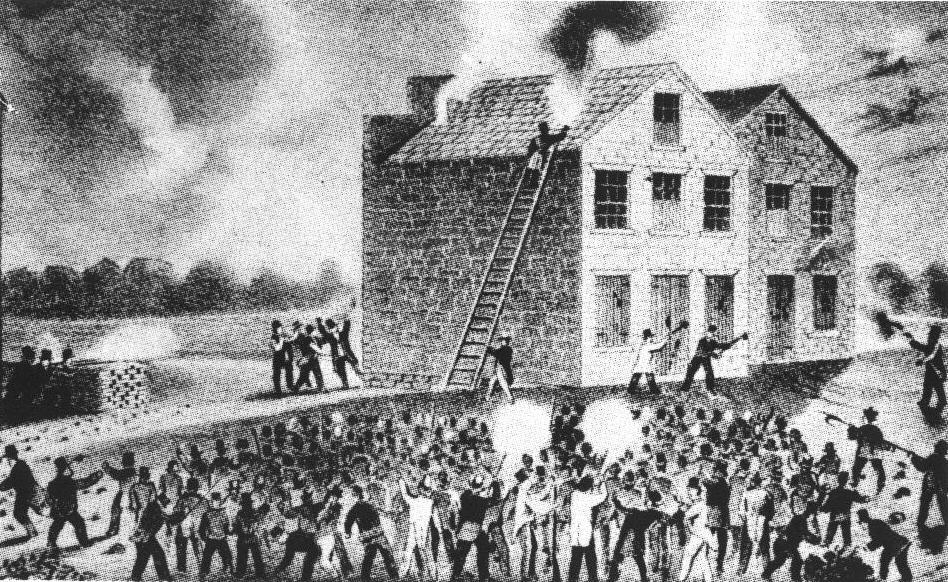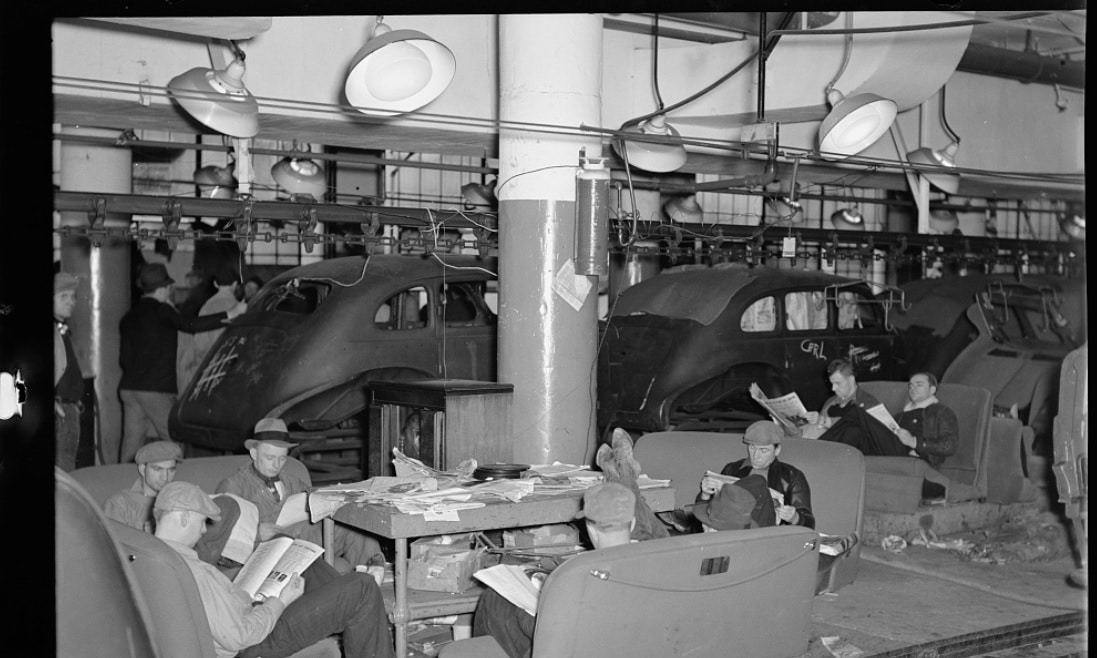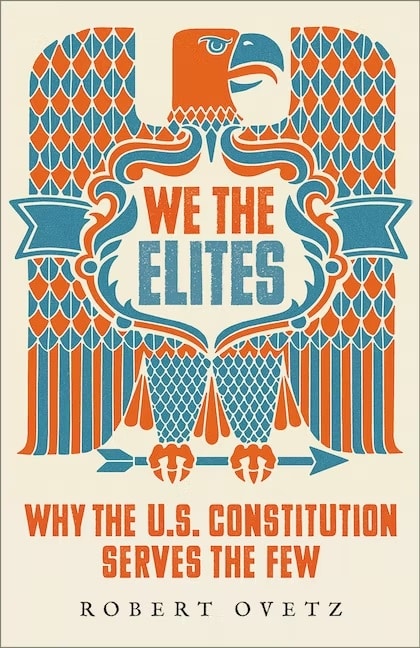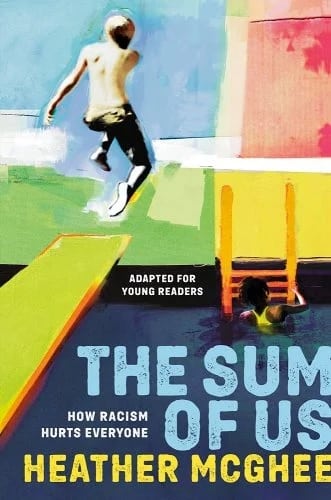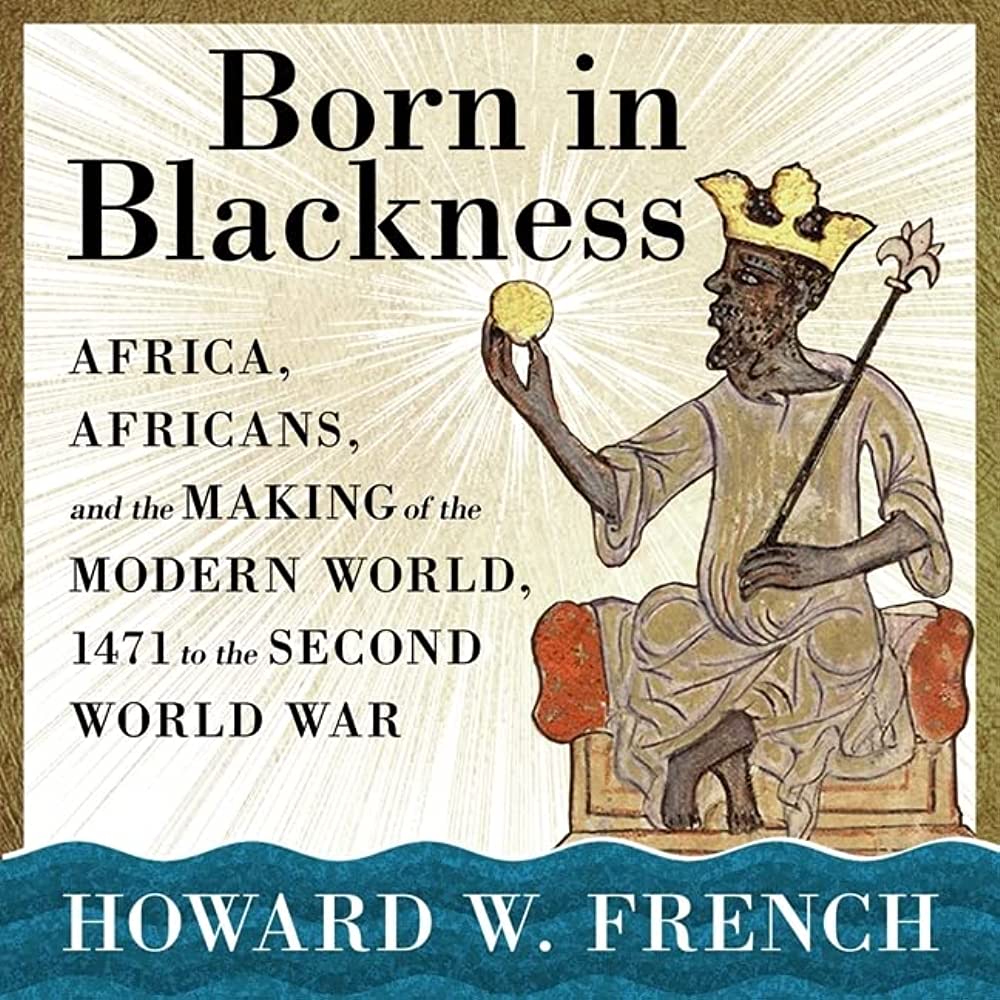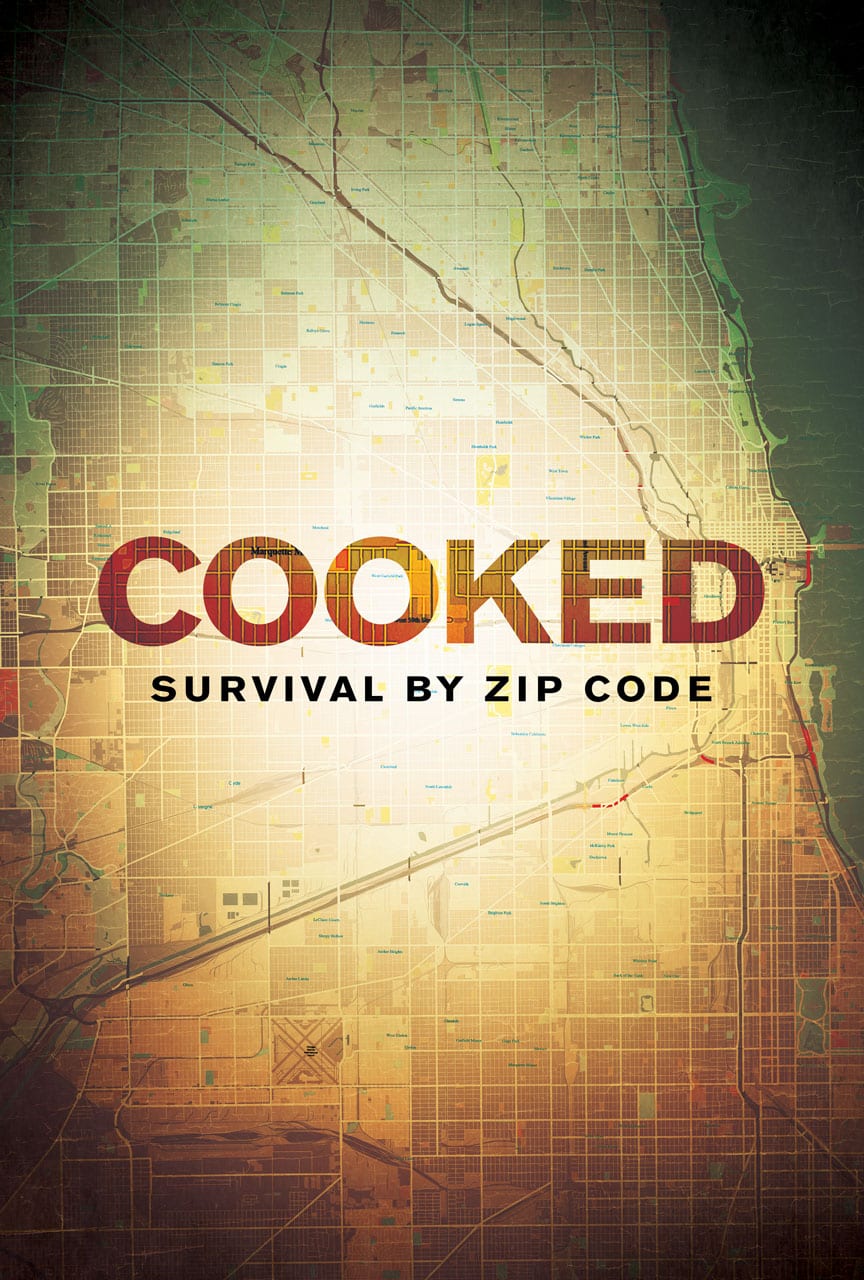Film. Directed by Icíar Bollaín and written by Paul Laverty. 2010. 103 minutes.
As a crew shoots a film about Columbus' genocide, local people in Cochabamba, Bolivia rise up against plans to privatize the water supply.
Continue reading
Film. By Jordan Mechner. 2004. 26 minutes.
A documentary about the politics and economics of land in the United States, based on the story of a Mexican American village razed in the 1950s to build Dodger Stadium.
Continue reading
Book — Non-fiction. By Marc Mauer and Sabrina Jones. 2013. 128 pages.
Based on the popular book Race to Incarcerate, this graphic adaptation is a key resource to introduce a study of U.S. prison system to middle school readers and above.
Continue reading
Teaching ideas and discussion questions for How the Word Is Passed: A Reckoning with the History of Slavery Across America by Clint Smith.
Continue reading
Teaching Activity. By Suzanna Kassouf, Matt Reed, Tim Swinehart, Ursula Wolfe-Rocca, and Bill Bigelow.
The stories of twenty people whose lives were touched by the New Deal of the 1930s come to life in this classroom activity, intended to open students' minds to the possibilities of a Green New Deal.
Continue reading
During the Zong Massacre, a ship captain ordered that 54 enslaved Africans be thrown overboard and killed.
Continue reading
Book — Fiction. By Howard Fast. 1944. 294 pages.
The politics and economics of Reconstruction told through memorable historical fiction.
Continue reading
A small band of striking coal miners in southern Illinois called out Chicago coal barons and stood their ground at Virden.
Continue reading
Teaching Activity. By Bill Bigelow. Rethinking Schools.
The Thingamabob Game helps students grasp the essential relationship between climate and capitalism.
Continue reading
Minister, journalist, newspaper editor, and abolitionist Elijah Parish Lovejoy was murdered by a pro-slavery mob.
Continue reading
The Flint sit-down strike represented a shift in union organizing strategies from craft unionism (organizing white male skilled workers) to industrial unionism (organizing all the workers in an industry). The sit-down strike changed the balance of power between employers and workers.
Continue reading
Book — Non-fiction. By Robert Ovetz. 2022. 240 pages.
This collection of essays exposes the U.S. Constitution for what it really is — a rulebook to protect capitalism for the elites.
Continue reading
Book — Non-fiction. By Heather McGhee. 2023. 240 pages.
This young readers’ edition analyzes racism in U.S. politics and policymaking, and provides a potential path forward through solidarity.
Continue reading
Book — Non-fiction. By Howard W. French. 2021. 521 pages.
This sweeping history reveals a long-concealed history of trivialization and, more often, elision in depictions of African history throughout the last five hundred years.
Continue reading
Film. Directed by Judith Helfand. 2020. 54 minutes.
This documentary focuses on Chicago’s heat wave to look at how a weeklong tragedy is really a story about the “slow-motion disaster” caused by race and class inequality.
Continue reading
Book — Non-fiction. By Ricardo Nuila. 2023. 384 pages.
Tells the story of five uninsured Houstonians who are each struggling with life-threatening ailments and denied critical care until they arrive at Ben Taub Hospital, where they find a crucial model of innovative healthcare.
Continue reading

